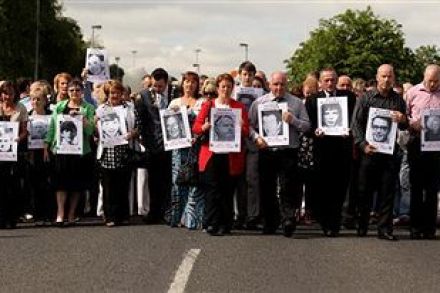The Tories’ history man
Andrew Gimson talks to Alistair Cooke, the godfather of the Cameroons, about Dave’s temperament and Hilton’s penchant for ponchos As David Cameron solicits approval for deep spending cuts, he has assured the public: ‘We’re not doing this because we want to, we’re not driven by some theory or ideology.’ Cameron remains very anxious not to be taken for a closet Thatcherite, who beneath the cloak of necessity is pursuing ideological politics. If the Prime Minister wished to make a properly Tory case for cutting himself free from an outdated programme, he could do worse than turn to Alistair Cooke, who played a part in the political education of most of
















